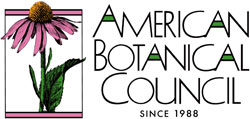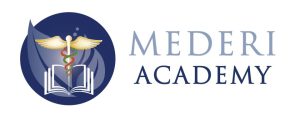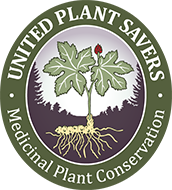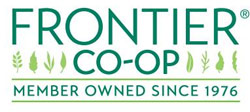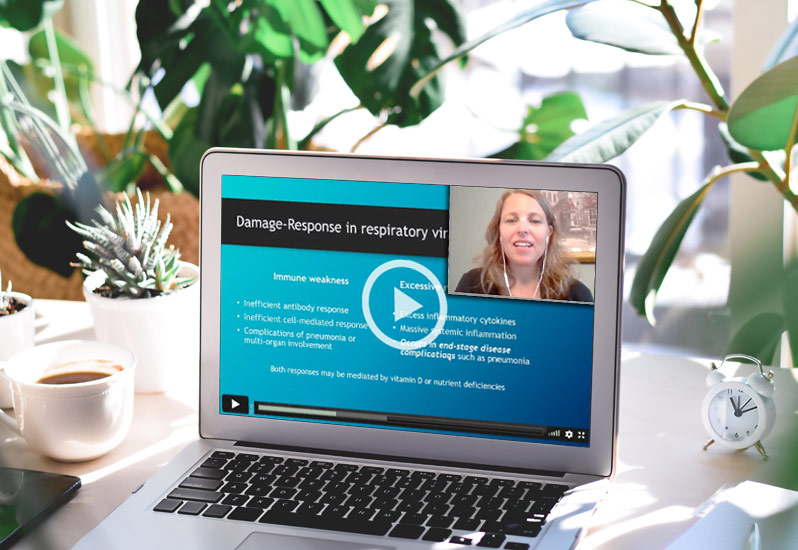
A video series for health care providers – with 10 pharmacy hours for naturopathic doctors – bundled together in one discounted package:
- 8 video lectures (1.5 hours each)
- Digital book of notes (80-page PDF)
- 10 pharmacy + 2 general continuing education credits for naturopathic physicians
- Approved by Oregon Board of Naturopathic Medicine (OBNM)
- Order for $99 ($160 value)
Note: The information in this series is provided as a research resource for health professionals and is not intended to replace diagnosis and treatment by a qualified health care practitioner.
Video Series Details
(See below for titles and descriptions of videos)
The series includes all 8 videos plus a 80-page PDF of lecture notes. Together these videos provide comprehensive information on a range of botanical therapies for health conditions while also providing 10 pharmacy hours for continuing education.
The series begins with Todd Caldecott, Dip, CI.H., RH(AHG), CAP(NAMA), AAC examining psilocybin mushrooms and the use of psychedelics in the treatment and prevention of mental health issues. Then, Lise Alschuler, ND, FABNO, Kenneth Proefrock, NMD, and Jillian Stansbury, ND join in a panel discussion about how to re-establish health after a myocardial infarction.
Next, Lydia Bartholow, DNP, PMHNP analyzes the public health crisis of opioids in the United States and reviews harm reduction strategies for overdose prevention and recovery while using botanical medicine as a central ally.
Following this, Christina Veselak, MS, CN, LMFT describes the endorphin neurotransmitter system and how opioid dependency and addiction occurs in the brain. Then, Christina studies withdrawal symptoms and relapse and how to alleviate them using herbal practices.
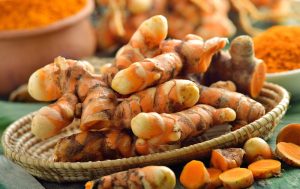
The series then dives into parasitic infections with Kenneth Proefrock, NMD, where he inspects historical and botanical interventions alongside pharmaceutical treatments. Next, Donald Yance, CN, RH (AHG) looks at chemotherapeutic drugs in the plant world and how to combine whole plant medicine with the chemotherapeutic agent.
After, Mary Bove, ND, addresses sub-clinical hypothyroidism and Hashimoto’s autoimmune hypothyroid while examining how to manage thyroid health.
The series concludes with a panel discussion on hypercholesterolemia with Jason Miller, DACM, LAc, Jillian Stansbury, ND, and Donald Yance, CN, RH (AHG) where they describe optimum blood lipid readings and how to address them through botanicals, nutrients, and lifestyle changes.
Video presentations offer complete clinical information, with the speaker and the PowerPoint playing together in an ideal format for online learning.
(Series price of $99 includes a 80-page PDF of lecture notes.)
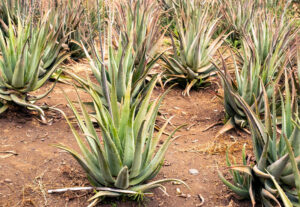
Continuing Education for Naturopathic Physicians
If CME has not previously been earned for the lectures listed below you can earn a total of:
- 10 pharmacy hours + 2 general hours, approved by OBNM
- Please check your CE records to ensure you have not claimed these recordings previously
- Full CE details
The chart below shows the number of credits available for each lecture in the series. Each lecture is 1.5 hours long, and CE is available for either opioid credit OR pharm credit, but not both.
| Presentation Title and Speaker | Topic | General Hours (approved by OBNM) | Pharm Hours (approved by OBNM) |
|---|---|---|---|
| Psilocybin Mushrooms in Clinical Practice with Todd Caldecott, Dip, CI.H., RH(AHG), CAP(NAMA), AAC | Mental Health | 1.5 | |
| Panel Discussion: Botanical Therapies for Recovery from Myocardial Infarction (MI) with Lise Alschuler, Kenneth Proefrock and Jillian Stansbury | Cardiovascular Health | 0.5 | 1 |
| From Papaver to Fentanyl: How We Got Here and How Herbs Can Help with Lydia Bartholow, DNP, PMHNP | Substance Use | 1.5 | |
| Ending Opioid Addiction: Using Herbs and Nutrients to Support the Brain and Body Through Withdrawal into Vibrant Living with Christina Veselak, MS, CN, LMFT | Substance Use | 1.5 | |
| Parasites: The Devil Inside with Kenneth Proefrock, NMD | Parasites | 0.5 | 1 |
| Botanicals that Provide Most of the Chemotherapeutic Drugs in Cancer Care with Donald Yance, CN, RH (AHG) | Cancer | 1.5 | |
| Thyroid Health: Zeroing in on Two Common Thyroid Conditions with Mary Bove, ND | Thyroid Health | 0.5 | 1 |
| Panel Discussion: Hypercholesterolemia: Comparing Efficacy and Side Effects of Pharmaceuticals and Botanicals with Jason Miller, Jillian Stansbury and Donald Yance | Cardiovascular Health | 0.5 | 1 |
Videos included in this series:
Psilocybin Mushrooms in Clinical Practice
Todd Caldecott, Dip, CI.H., RH(AHG), CAP(NAMA), AAC
Psilocybin mushrooms have garnered a lot of interest as new research has picked up from pioneering work done in the 1960s, looking at the use of psychedelics in the treatment and prevention of mental health issues. Todd Caldecott has been working with psychedelics, including psilocybin mushrooms, for two decades, and in 2015, developed a micro-dosing protocol to address severe depression as an effective alternative to conventional antidepressants. This lecture reviews the clinical applications of psilocybin mushrooms, both for macro- and micro-dosing, including a review of the ethnomycology, mycochemistry, pharmacy, clinical application, and dosage, as well as their utility in weaning patients from SSRIs. (Catalog Code: 24SW09)
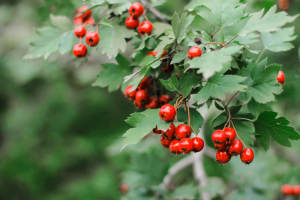
Panel Discussion: Botanical Therapies for Recovery from Myocardial Infarction (MI)
Lise Alschuler, ND, FABNO, Kenneth Proefrock, NMD, and Jillian Stansbury, ND
A myocardial infarction (MI) or heart attack can leave a patient debilitated and bewildered when trying to discover the best path forward to re-establishing health. The pharmaceutical standard of care for recovery is part of the picture, but when patients come to us for additional care, we need to exercise knowledge and responsible caution when prescribing adjunctive botanicals and nutrients. We present three practitioners with invaluable clinical experience in navigating the return to health after an MI. (Catalog Code: 24SW02)
From Papaver to Fentanyl: How We Got Here and How Herbs Can Help
Lydia Bartholow, DNP, PMHNP
This workshop follows the public health crisis of opioids and fentanyl in the United States. We will travel the narrative of public health and drug policies that allowed fentanyl to be a major contributor to deaths in the US in the last few years. We then review harm reduction strategies for overdose prevention and recovery with an emphasis on botanical medicine as a central ally. (Catalog Code: 24SW06)
Ending Opioid Addiction: Using Herbs and Nutrients to Support the Brain and Body Through Withdrawal into Vibrant Living
Christina Veselak, MS, CN, LMFT
This presentation describes the endorphin neurotransmitter system and how opioid dependency and addiction occurs in the brain. We then describe some of the biochemical causes of acute and post-acute withdrawal symptoms and how to alleviate them using herbs, amino acid therapy, and other helpful nutrients. Finally, herbal and nutritional underpinnings of relapse prevention are explored. (Catalog Code: 24SW22)
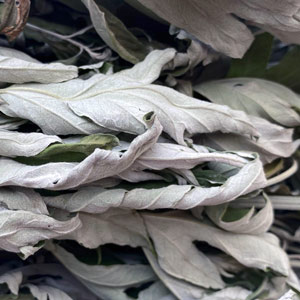
Parasites: The Devil Inside
Kenneth Proefrock, NMD
Parasitic infections pose significant health challenges globally, particularly in impoverished regions. We explore historical and botanical interventions alongside pharmaceutical treatments, while recognizing the need for balance between efficacy and microbiome impact. Anti-parasitic drugs and herbal regimens are more popular than they ever have been, and we explore the efficacy of these protocols, based on the life cycle of the identifiable infective agent. Botanicals addressed include the chemistry of tropane alkaloid containing plants like Datura and Belladonna, as well as cholinergic plants like Pilocarpus, Areca catechu, Piper betel, and Nicotiana spp. We also discuss Juglans niger, Syzigium, Berberis/Algerita/Mahonia spp, Artemisia spp, Castela spp, and Triphala. (Catalog Code: 24ME11)
Botanicals that Provide Most of the Chemotherapeutic Drugs in Cancer Care
Donald Yance, CN, RH (AHG)
65% of chemotherapeutic agents either come from a plant or have been molecularly compounded based on a plant compound. This presentation reviews the search for cancer drugs in the plant world, taking a detailed look at several plants that have been used to create chemotherapeutic drugs. The discussion includes the difference in action between an isolated constituent and a whole plant extract, and how to combine the whole plant medicine with the chemotherapeutic agent. We also address metronomic chemotherapy: what it is and why it is often the best option for treatment, even though it is seldom used. (Catalog Code: 24ME16)
Thyroid Health: Zeroing in on Two Common Thyroid Conditions
Mary Bove, ND
The thyroid gland plays a major role in health and well-being from childhood through the senior years. Two common thyroid conditions that affect many of the population are sub-clinical hypothyroidism and Hashimoto’s autoimmune hypothyroid. This lecture examines the contributing factors leading to thyroid and immune dysfunction, connecting the dots to strategize a therapeutic plan. Review pharmaceutical, botanical, nutritional and lifestyle therapies for managing thyroid health. (Catalog Code: 24ME06)
Panel Discussion: Hypercholesterolemia: Comparing Efficacy and Side Effects of Pharmaceuticals and Botanicals
Jason Miller, DACM, LAc, Jillian Stansbury, ND, and Donald Yance, CN, RH (AHG)
The debate continues over optimum blood lipid readings and how to address them. This panel describes the most effective testing and optimal lipid readings, the pharmaceuticals most commonly used and their side effects, and how to bring cholesterol back into balance with other protocols including botanicals, nutrients, and lifestyle. (Catalog Code: 24ME10)
Plus Video Series Lecture Notes in PDF Format (80-page digital book) included in the $99 package price.



